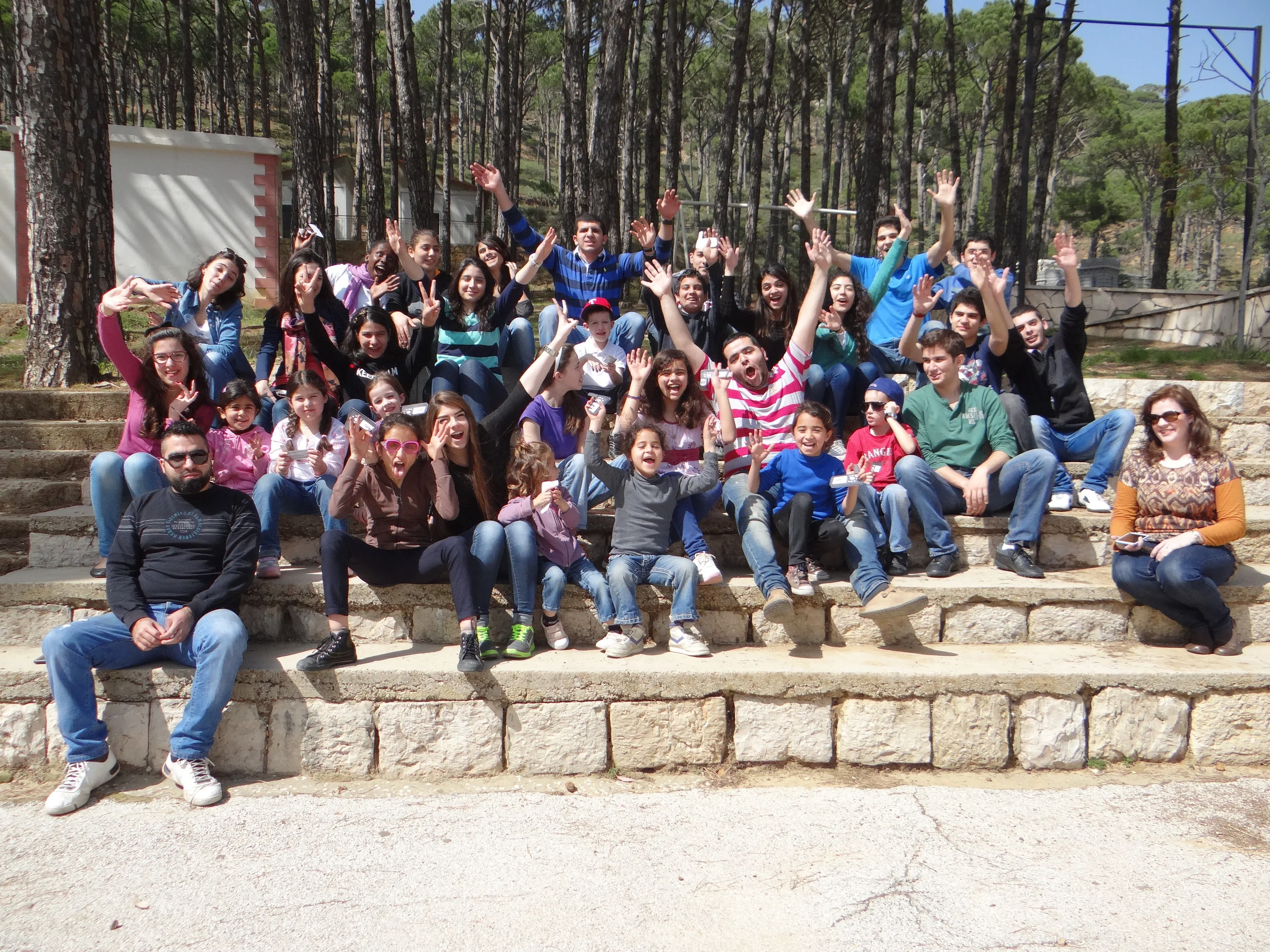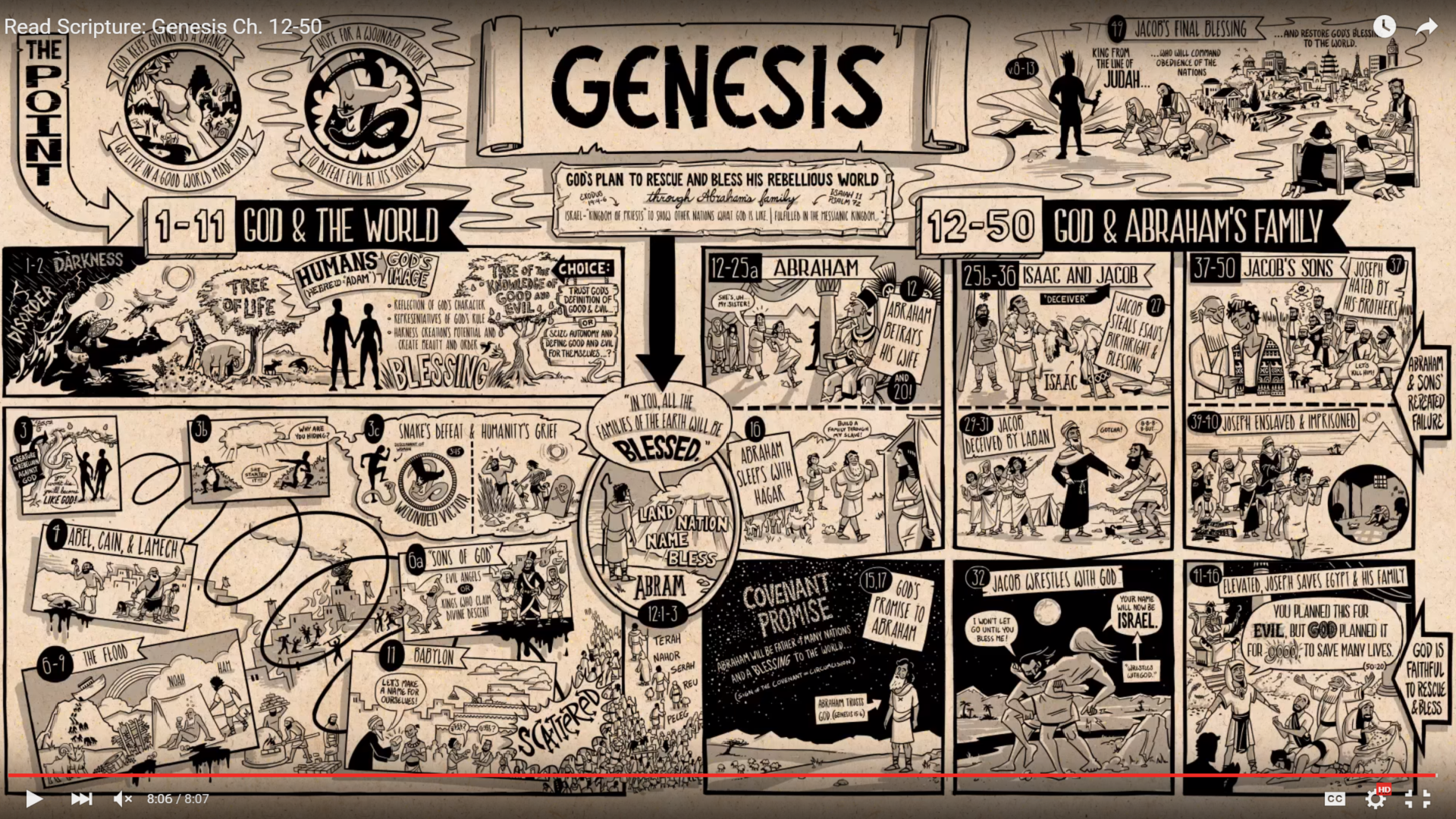In the New Testament, next to Jesus, no one’s service stands out more than the apostle Paul. And yet he made a puzzling statement about serving God: The God who made the world and everything in it, being Lord of heaven and earth, does not live in temples made by man, nor is he served by human hands, as though he needed anything, since he himself gives to all mankind life and breath and everything. (Acts 17:24-25)
God doesn’t need anything and so there’s a sense in which no one could possibly serve Him. We don’t “help God out” by our service. If He could create the heavens with a word and part the Red Sea by His power, surely He doesn’t need our help to change diapers in the nursery. And yet the God who cannot be served, commands us to serve Him. What’s going on?
The plight of Syrian refugees has largely dropped out of the news cycle, but for most the painful road continues. On Friday evening, I attended “Faith Rising,” an event sponsored by Partners International, highlighting the work being done by Arab Christians to bring help and hope to those still trapped in refugee camps in Lebanon. While the protests of the Arab Spring in late 2010 and early 2011 seemed like they might freedom to many living under corrupt and oppressive dictatorships, in Syria they led to a civil war that has claimed nearly 200,000 lives.
Last week I wrote about Christopher Yuan’s remarkable testimony of faith and transformation. Having walked the road that he has, he’s in a unique position to educate the church on how to minister more effectively to people from an LGBT+ background. The reality is that there are almost certainly people within our congregation who experience temptations toward same-sex attraction or transgender identity and yet our words and attitudes can vilify them and communicate that we’re not safe people who can be approached for help in dealing with these issues. The following are some of the lessons that I learned from Christopher’s workshop.
Questions can make hermits out of us, driving us into hiding. Yet the cave has no answers. Christ distributes courage through community; he dissipates doubts through fellowship. He never deposits all knowledge in one person but distributes pieces of the jigsaw puzzle to many. When you interlock your understanding with mine, and we share our discoveries, when we mix, mingle, confess and pray, Christ speaks.
Convictional leaders need to differentiate between convictions and preferences, and they often have trouble doing so. They need humility to avoid excess but are often given to pride. They need to listen as much as they talk but are often strong in the latter but weak in the former.
This winter in the Learning Centre we did a series on outreach and evangelism based on a strategy developed by Dave Ferguson. We talked about the SPAM that fills up our in-boxes despite the fact that almost no one ever responds to it. Spammers keep sending out their junk e-mail because it costs so little and might reach a few. It’s possible to approach evangelism like a junk e-mail spammer: caring very little for the collateral damage as long as we get the message out.
This week someone from the congregation wrote the following: "Diving deeper into the sermon, I think what you said really stuck with me. I feel like in a nutshell that's my Christian life. You know I try to do what I'm supposed to do. Read my Bible, pray, go to church, help the poor, all the physical aspects. But as you said there is still something missing, a refresh. Sadly, I can't even say I have a desire or a thirst. I just do it because I love God and know everything he says and orders us to do is out of his love and perfection. Its like brushing my teeth, I don't have a desire to do it. But I know that it's Good for me, and my dentist has the best interest for my teeth." I wonder whether many of you identify with these words. I did. Let me share with you some of what I wrote in case it’s a help to you when you find yourself going through the motions in your relationship with God.
While the Bible does use the word “marry” and “marriage,” rather than add an eleventh commandment, “Thou shalt have a wedding,” there is a commandment not to commit adultery. And you begin to realize that if it’s a sin to sleep with someone who’s not your husband or wife, then there must be some formal process to identify where a marriage begins and when it ends. In a world without weddings or marriage, you’d never have adultery. Because the lines were never formally drawn, it would be impossible to nail down when you’d actually crossed them. I think church membership is a little bit like marriage.
Last month I talked about the free Olive Tree Bible study app, the value of getting a current study Bible, as well as a new reading plan from the Bible Project with short YouTube videos introducing each book of the Bible. Seeing their two new videos on the book of Genesis this week I was amazed again at the insight these short clips contain. They helped me to see Jesus as the wounded Saviour in Genesis 3:15 and Noah as a second Adam in Genesis 6 who, like the first Adam, again gave in to temptation in a garden and ends up naked and ashamed in Genesis 9:20-23. Even their description of Genesis 12-50 as accounts of repeated human failure followed by expressions of God’s faithfulness in rescuing and blessing His people, climaxing with the theme of Genesis 50:20 that what people plan for evil is used by God for our good (Genesis 50:20) gives me a road map as I’ve been reading through these sections.
This week, GraceAnna Castleberry made waves with her article on “The Dior Woman and True Freedom.” She was commenting on the new commercial from perfume maker Christian Dior. In it, Natalie Portman stars as a runaway bride, who abandons the altar, casts off her white wedding dress, and runs in a black cocktail dress to a nearby cliff where a handsome man is waiting in a helicopter to fly her into the sunset and the “freedom” she craves. The clip is just over a minute long and so we’re left to interpret the details, but Castleberry has a healthy suspicion of its message. She says this:
“Have we really reached a point where freedom is portrayed by such petty play things like a little black dress, a helicopter ride, and a man to kiss but not commit to? Is freedom merely the absence of responsibility? If that’s the definition of freedom, I don’t want it. It has such an achy hollow feel it hurts.”











